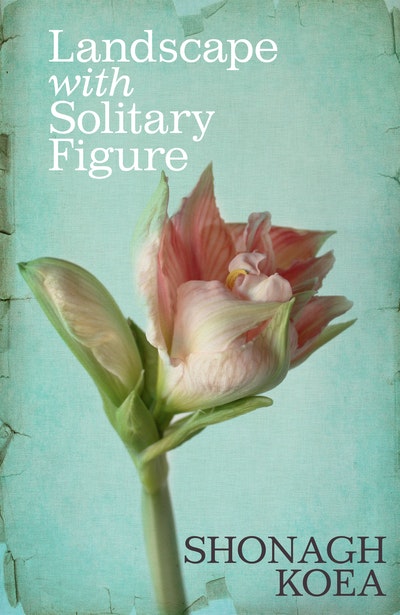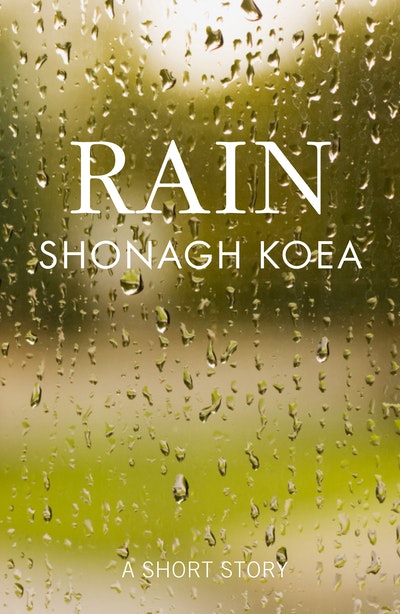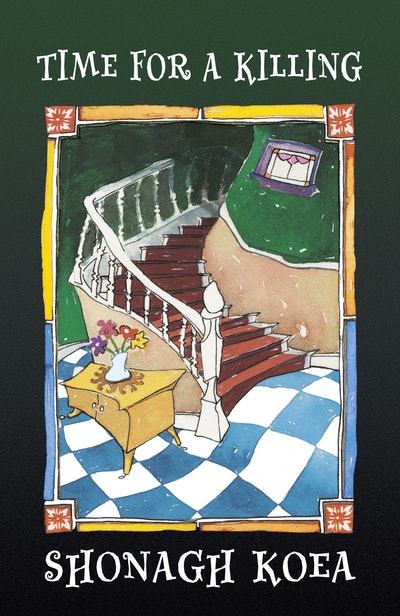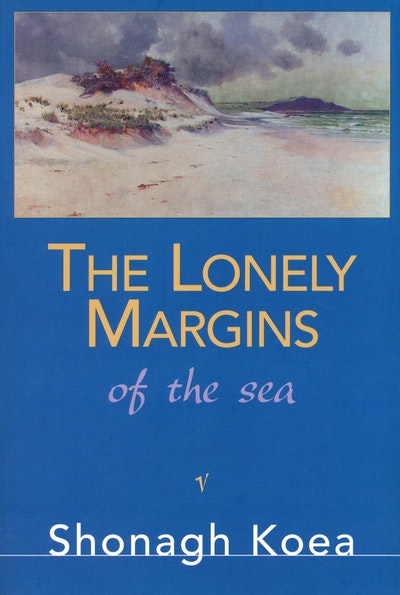- Published: 2 May 2014
- ISBN: 9781775535881
- Imprint: RHNZ Vintage
- Format: Paperback
- Pages: 272
- RRP: $24.99
Landscape with Solitary Figure
- Published: 2 May 2014
- ISBN: 9781775535881
- Imprint: RHNZ Vintage
- Format: Paperback
- Pages: 272
- RRP: $24.99
The long-awaited novel from Shonagh Koea is a pleasure in both presentation and text . . . This is a must-read for any lover of New Zealand literature in general, and of Shonagh Koea in particular.
Colleen Hartley, Otago Daily Times
This is a terrific book that slowly sneaks up on you, until you suddenly realise you're entirely in its grip.
Paul Little, North & South
I can't think when I last read a novel that entrapped me as thoroughly as this measured, insightful work . . . It's such a crafted novel . . . It's the minutiae I loved most . . . If this is your sort of novel, you will adore it.
Linda Burgess, NZ Listener
Landscape with Solitary Figure is often sad, it is also wryly resilient, darkly humorous and quite unsettling.
Dorothy Alexander, Manawatu Standard
With characteristic wit and irony, Koea explores a sinister past of abuse and exploitation . . . Koea’s characterisation of this ‘‘mellifluous’’ and ‘‘self-possessed’’ manipulator of women is in itself masterful. The novel is a study in pernicious and devious abuse, condoned and excused if the perpetrator is a popular bon viveur and pillar of the community. It reeks of a society that looks up to avuncular and apparently benign characters – shades of Jimmy Savile Down Under? The above may sound as if the novel is all dark and troubling. It is not. Koea’s wit lifts it. . . . It is always a treat to read a new Koea. Landscape with Solitary Figure shows Koea maturing into an expert at the suggestive power of detail. She has wrapped the core of abuse which lies at the story’s centre in layers of observation by a mind which, although it may be troubled, has not lost its sharpness. In Ellis’ case, seclusion seems eminently the best response. The escape from her past is a richly rewarding experience.
Steve Walker, Sunday Star-Times
It’s a gripping tale, from the opening paragraph to the final sentence.
Margaret Reilly, Horowhenua Chronicle
“… when you return to where you belong you find that you belong there no longer”, Landscape With Solitary Figure is the beautiful but quite ominous reminiscence of Ellis Leigh, a woman who has isolated herself in a cottage a short walk from the sea. . . . Landscape With Solitary Figure is beautifully produced, illustrated with flowers from the overgrown garden that is Ellis’ hiding place, and is a fine rendering of a fragile and damaged life.
alysontheblog, https://alysontheblog.wordpress.com/










